Introduction
Finding the best diet for Bichon Frise is essential to ensure their overall health and happiness.
- Proper nutrition supports their energy levels and shiny coat
- Understanding their dietary needs helps prevent obesity and health issues
- This guide covers the best food choices and feeding practices for Bichon Frise
- Discover essential nutrients, meal plans, and healthy treats
- Ensure your Bichon Frise thrives with the right diet and nutrition tips
1. Essential Nutrients for Bichon Frise
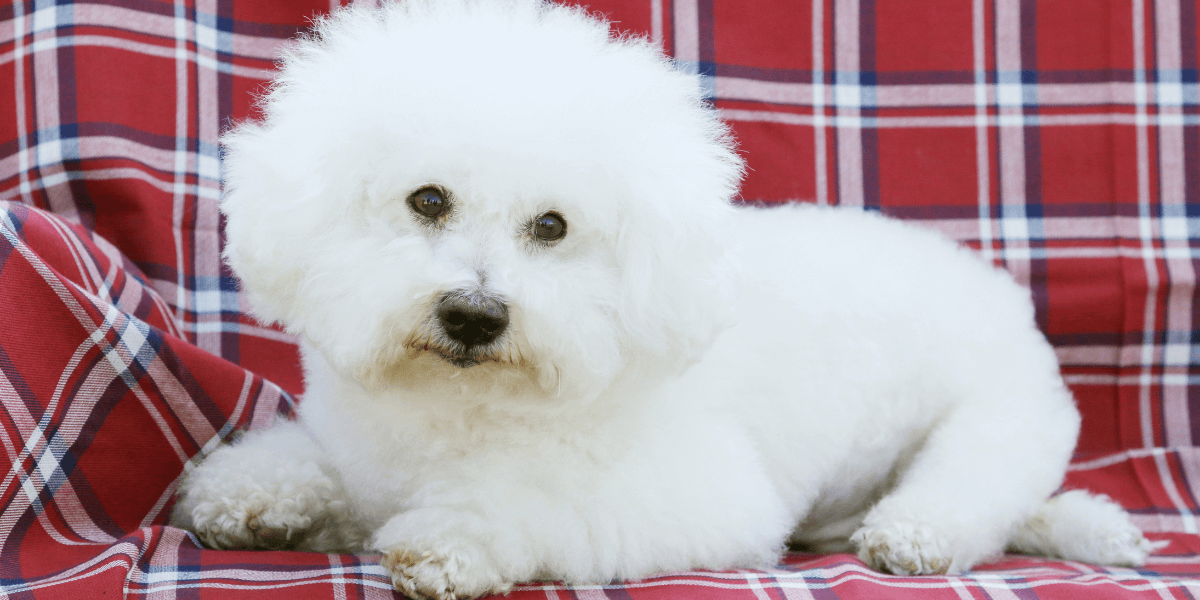
Learn about key nutrients for your Bichon Frise's optimal health.
- Protein needs: High-quality protein supports muscle growth and repair
- Healthy fats: Fats like Omega-3 keep skin and coat healthy
- Carbohydrates: Provides energy but should be balanced with other nutrients
- Vitamins: Vital for immune support and overall health maintenance
- Minerals: Calcium and phosphorus are essential for bones and teeth
- Water intake: Fresh water is crucial for hydration and digestion
- Fiber: Supports healthy digestion and helps prevent constipation
- Antioxidants: Protects cells and promotes a strong immune system
2. Choosing the Right Dog Food
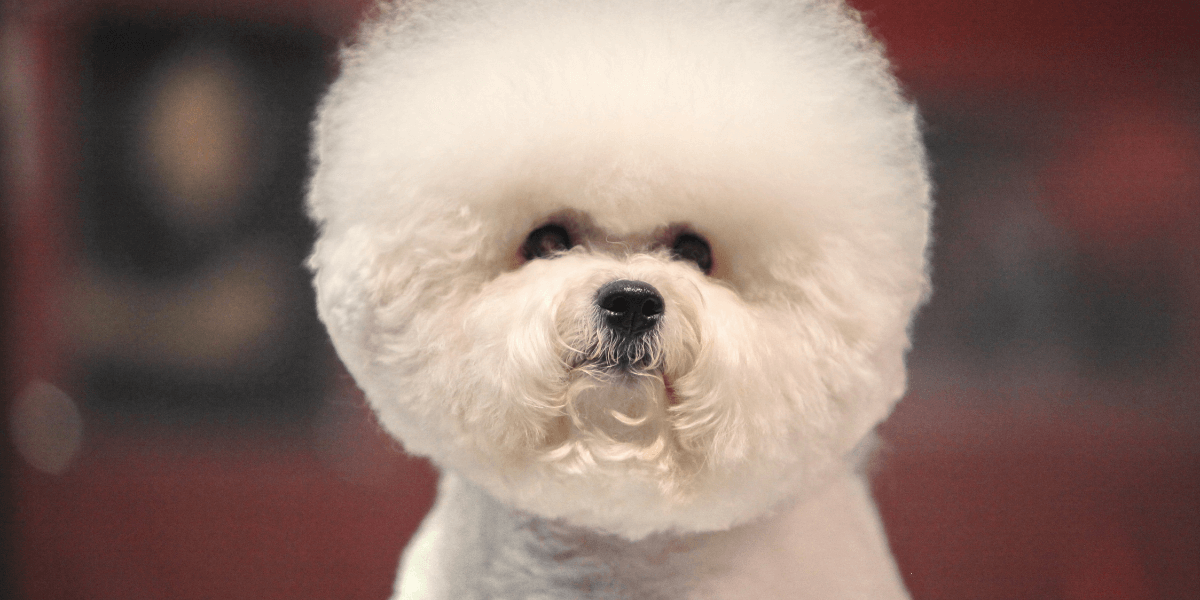
Find out how to select the best food for your Bichon Frise.
- High-quality brands: Choose reputable brands with natural ingredients
- Avoid fillers: Look for foods free from corn, soy, and artificial additives
- Check the label: Ensure the first ingredient is a high-quality protein source
- Opt for small breed formulas: Designed specifically for Bichon Frise size
- Wet vs. dry food: Balance wet and dry food for hydration and dental health
- Age-specific formulas: Choose food suited for puppies, adults, or seniors
- Grain-free options: Suitable for Bichons with allergies or sensitivities
- Rotational feeding: Vary protein sources to prevent allergies and boredom
3. Portion Control and Feeding Schedule
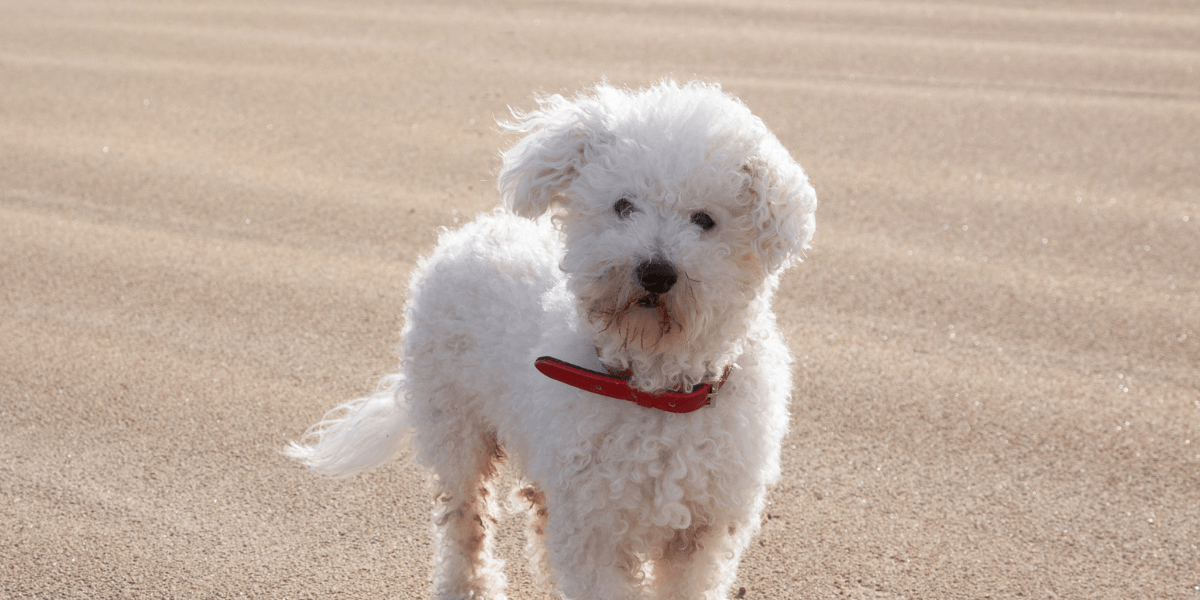
Proper portion control is a vital component of the Best Diet for Bichon Frise.
- Regular meals: Feed two to three small meals per day for balanced energy
- Measure portions: Use a measuring cup to prevent overfeeding
- Monitor weight: Regularly check weight to adjust portions as needed
- Avoid free feeding: Stick to scheduled mealtimes to prevent overheating
- Puppy feeding needs: Feed puppies more frequently for growth support
- Adult feeding needs: Adjust portions as metabolism slows down with age
- Senior feeding needs: Smaller, frequent meals help with digestion in seniors
- Transition gradually: Introduce new foods slowly to avoid digestive issues
4. Homemade Diets and Raw Feeding
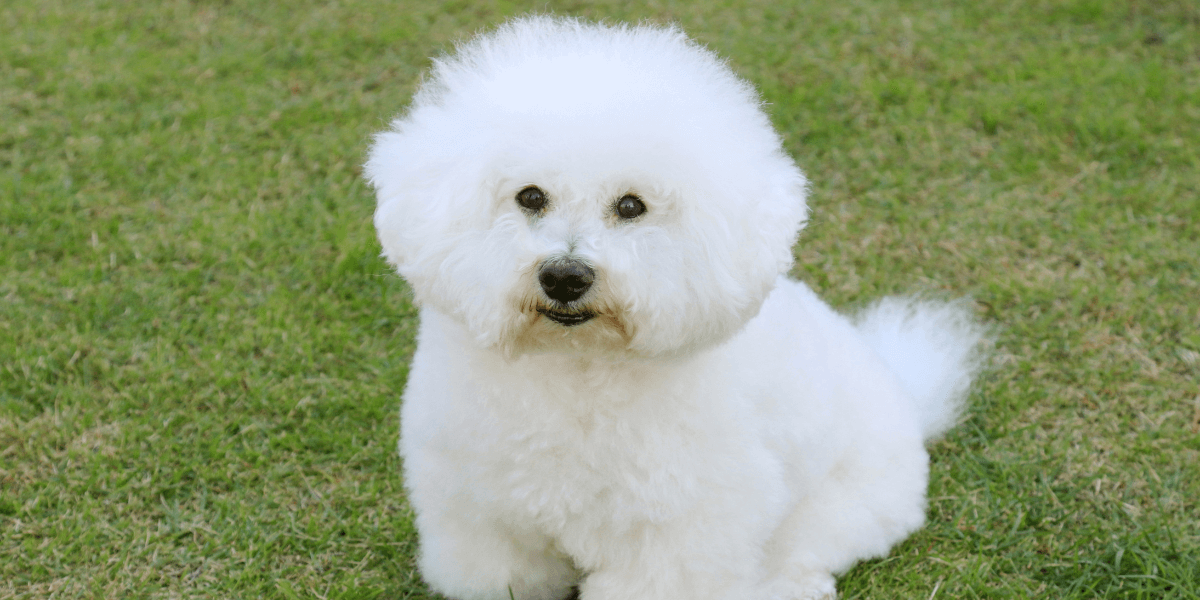
Homemade diets and raw feeding can be part of the Best Diet for Bichon Frise if done correctly.
- Homemade meals: Offer control over ingredients and freshness
- Balance nutrients: Ensure homemade diets include all essential nutrients
- Consult a vet: Get professional advice before starting homemade or raw diets
- Raw feeding: Supports a natural diet but requires careful handling
- Avoid toxic foods: Never feed chocolate, onions, garlic, or grapes
- Prepare properly: Ensure raw foods are fresh and stored correctly
- Use supplements: Add vitamins and minerals to homemade diets as needed
- Monitor for allergies: Watch for any adverse reactions to new ingredients
Explore our guide on Great Dane nutrition to ensure your Bichon Frise's homemade diet is balanced and nutritious.
5. Healthy Treats for Bichon Frise
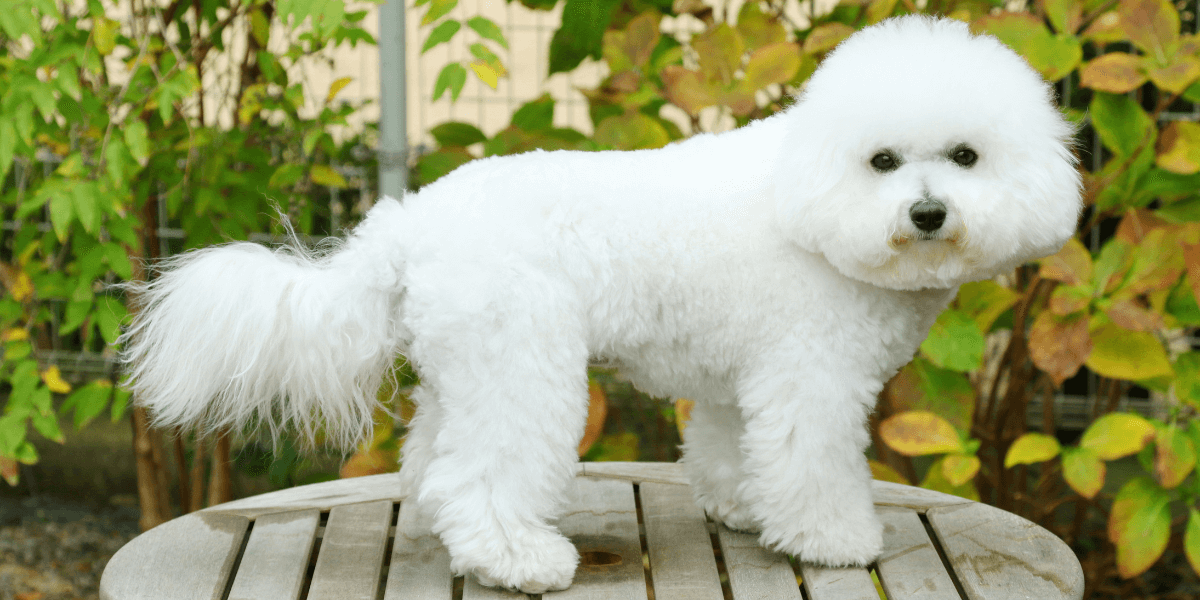
Incorporating healthy treats is an important aspect of the Best Diet for Bichon Frise.
- Low-calorie treats: Choose treats low in calories to prevent weight gain
- Natural options: Opt for treats made from natural ingredients
- Homemade treats: Make healthy treats using dog-safe ingredients
- Training rewards: Use small, soft treats for training and positive reinforcement
- Avoid table scraps: Human food can be harmful or cause obesity
- Dental treats: Help maintain dental hygiene while satisfying chewing instincts
- Frozen treats: Offer frozen fruits or veggies for a refreshing snack
- Moderation is key: Treats should make up no more than 10% of daily intake
6. Managing Food Allergies and Sensitivities
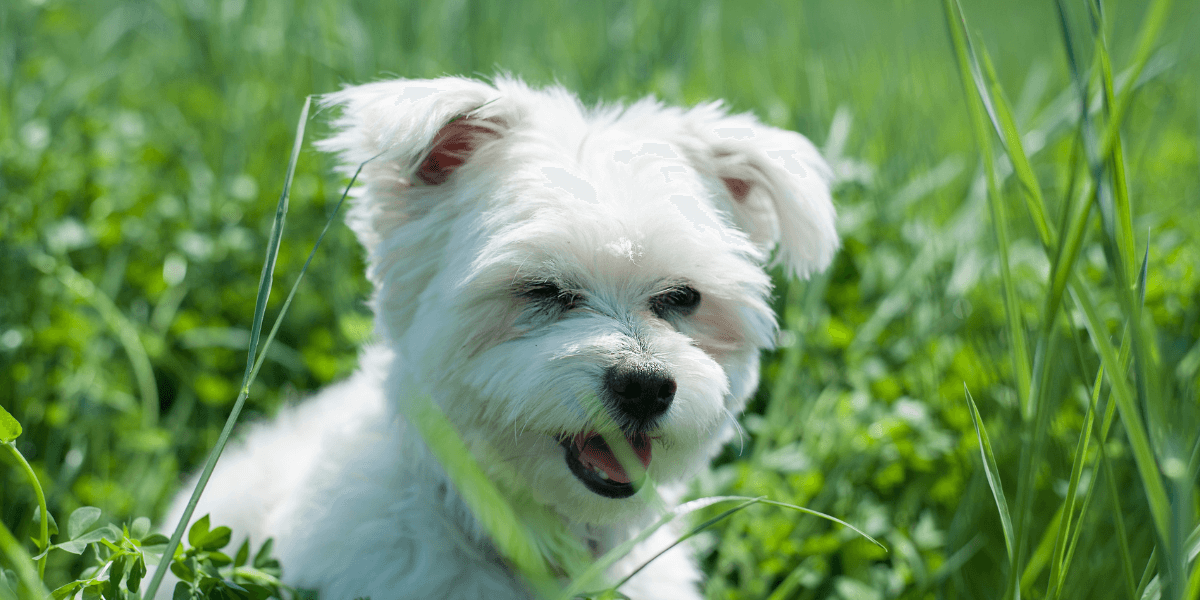
Managing food allergies and sensitivities is a crucial part of the Best Diet for Bichon Frise.
- Common allergens: Be aware of common allergens like chicken or wheat
- Signs of allergies: Watch for itching, ear infections, or digestive issues
- Elimination diet: Remove suspected allergens to identify the cause
- Allergy-friendly foods: Opt for limited-ingredient or hypoallergenic foods
- Grain-free options: Consider grain-free diets for sensitive stomachs
- Rotate proteins: Change protein sources regularly to prevent allergies
- Consult a vet: Work with your vet to manage severe allergies effectively
- Monitor reactions: Keep track of any changes after dietary adjustments
Learn about common health issues in German Shepherds to better manage your Bichon Frise's food allergies and sensitivities.
7. Tips for Feeding a Bichon Frise with Health Conditions
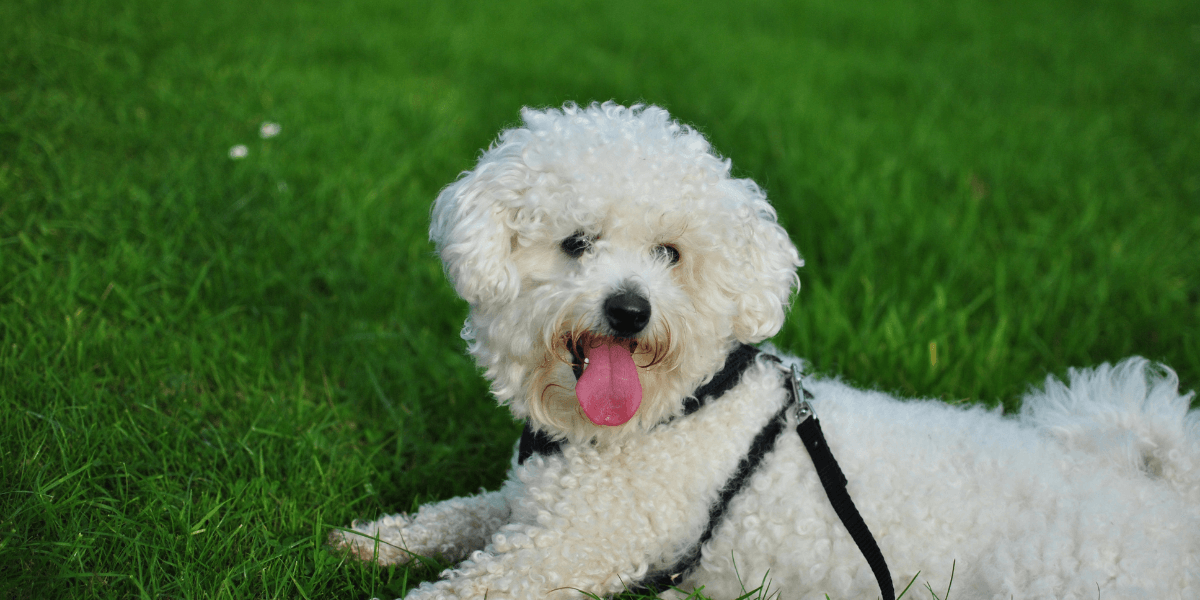
Adapt their diet to manage specific health issues effectively.
- Weight management: Use low-fat, high-fiber foods for weight control
- Kidney disease: Choose low-protein, low-phosphorus foods
- Diabetes care: Opt for high-protein, low-carb diets to regulate blood sugar
- Joint support: Include foods or supplements rich in Omega-3 and glucosamine
- Heart health: Look for diets low in sodium for heart conditions
- Digestive issues: Offer easily digestible foods for sensitive stomachs
- Dental care: Use kibble designed to reduce plaque and tartar buildup
- Hydration focus: Ensure plenty of water, especially for urinary issues
Check out our Bernese Mountain Dog feeding guide for tips on feeding your Bichon Frise with health conditions.
FAQs
1. What is the best food for a Bichon Frise?
- High-quality, small breed-specific dog food with balanced nutrients
2. How often should I feed my Bichon Frise?
- Feed two to three small meals per day for balanced energy levels
3. Can Bichon Frise eat human food?
- It's best to avoid human food, as it can be harmful or cause obesity
4. What are common food allergies in Bichon Frise?
- Common allergens include chicken, wheat, soy, and certain grains
5. How can I help my Bichon Frise lose weight?
- Control portions, choose low-fat foods, and ensure regular exercise
6. Is a raw diet suitable for a Bichon Frise?
- Raw diets can be beneficial but require careful handling and vet guidance
7. Can I feed my Bichon Frise homemade meals?
- Yes, but ensure they are balanced and include all essential nutrients
Conclusion
- Choosing the best diet for Bichon Frise is key to their health and well-being
- Choose high-quality foods that provide essential nutrients
- Monitor their weight and adjust portions as needed to prevent obesity
- Consider special dietary needs if your dog has allergies or health conditions
- Consult your vet to create a tailored nutrition plan for your Bichon Frise
- Follow these tips to keep your furry friend thriving and full of energy



